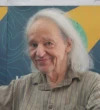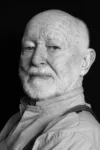Biography
(No Information)
Filmography
all 28
Movies 27
Director 20
Narrator 3
Producer 1
Writer 1
TV Shows 1
self 1
Director

Clara (2008)
Movie
Director

Die Farbe der Seele (2003)
Movie
Director
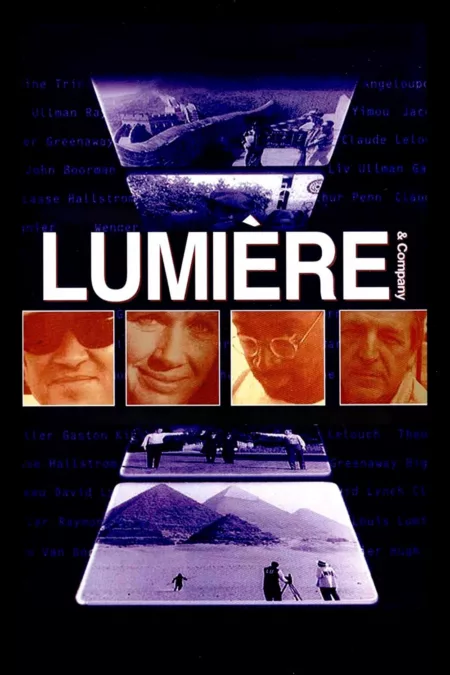
Lumière & Company (1995)
Movie
Director

Jews in Berlin (1994)
Movie
Director

Apple Trees (1992)
Movie
Director

Manöver (1989)
Movie
Director
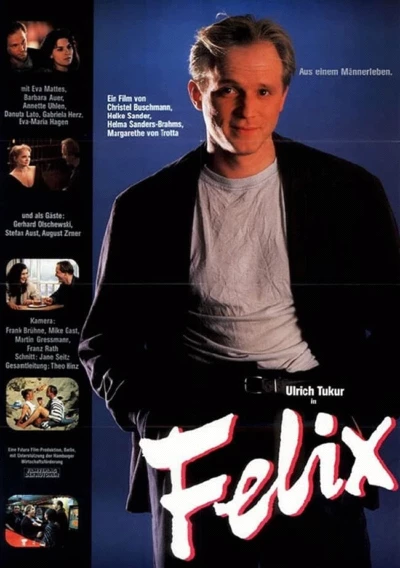
Felix (1988)
Movie
Writer / Director
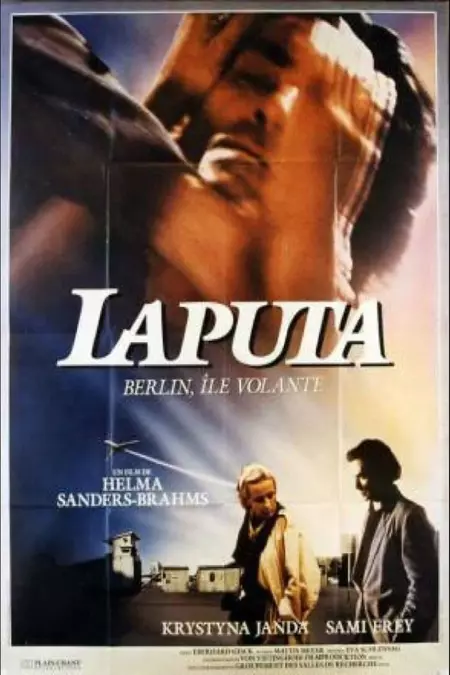
Laputa (1987)
Movie
Narrator / Director / Writer / Producer
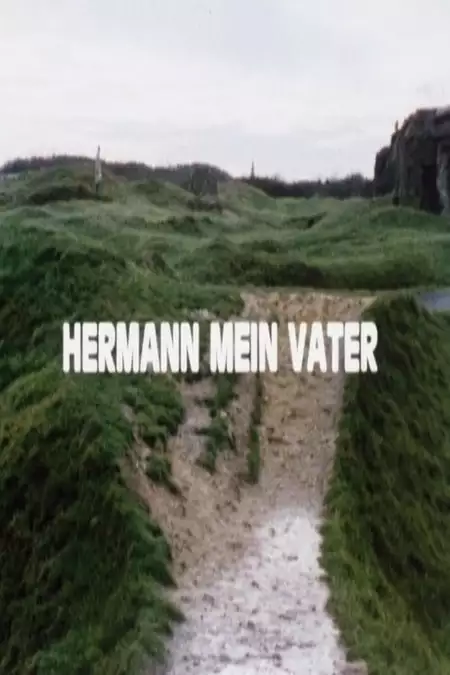
Hermann My Father (1987)
Movie
Director

Die Erbtöchter (1983)
Movie
Director
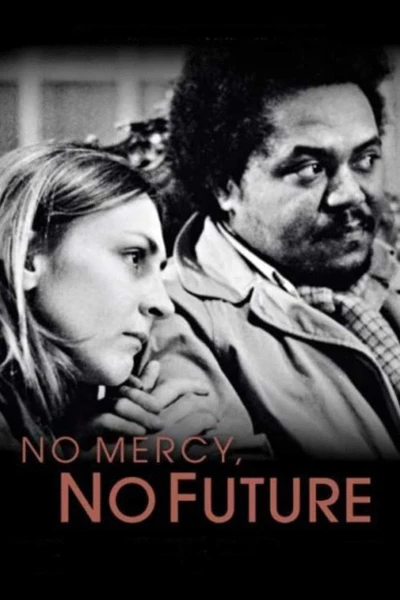
No Mercy, No Future (1981)
Movie
Director
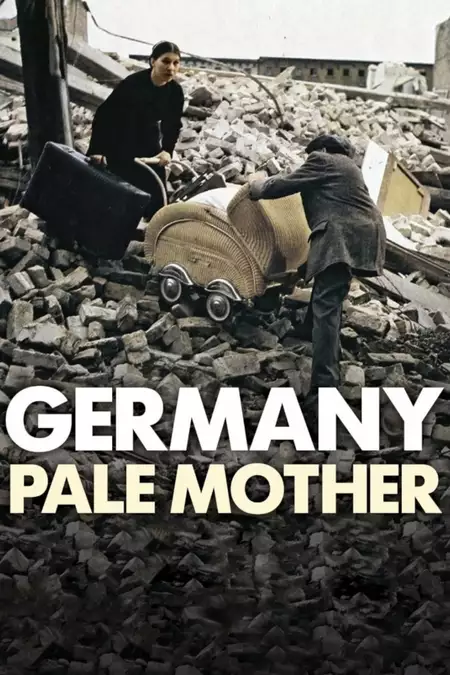
Germany Pale Mother (1980)
Movie
Director
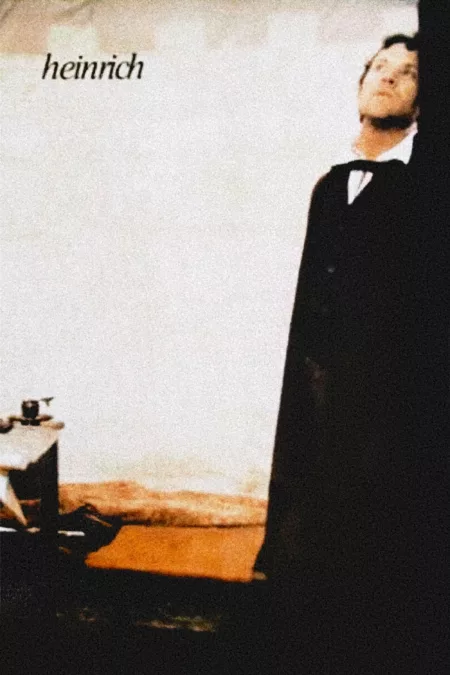
Heinrich (1977)
Movie
Narrator (voice) / Director / Writer

Shirin's Wedding (1976)
Movie
Director

Earthquake in Chile (1975)
Movie
Director / Writer
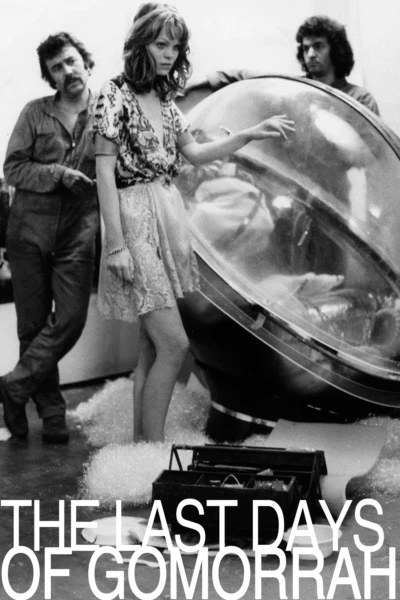
The Last Days of Gomorrah (1974)
Movie
Director

Die Maschine (1973)
Movie
Director

Der Angestellte (1972)
Movie
Director

Gewalt (1971)
Movie
Information
Known ForDirecting
GenderFemale
Birthday1940-11-20
Deathday2014-05-27 (73 years old)
Birth PlaceEmden, Germany
CitizenshipsGermany
Also Known AsHelma Sanders
Awardshonorary doctor of the University of Gothenburg, Officer of Arts and Letters, Sutherland Trophy, German Film Award for Best Screenplay
This article uses material from Wikipedia.
Last updated:
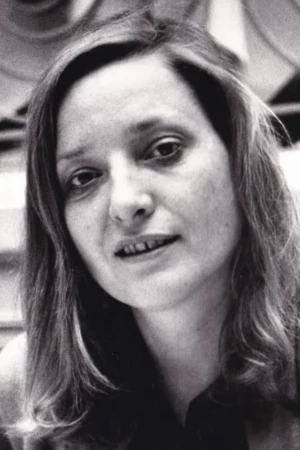 Helma Sanders-Brahms
Helma Sanders-Brahms- Filmography
- Information
- Related Persons
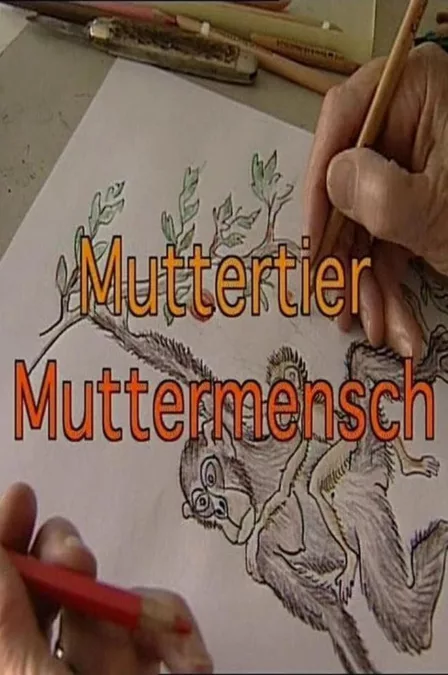


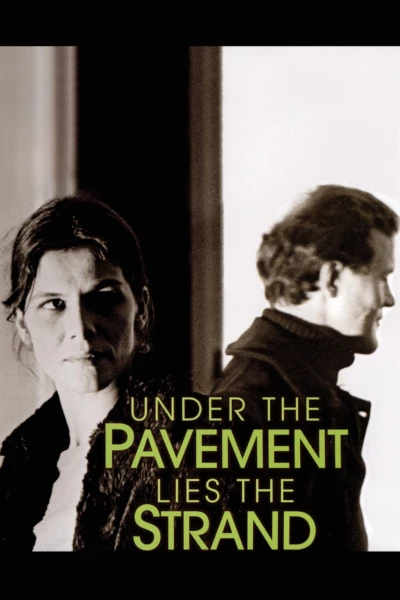

 ,
,